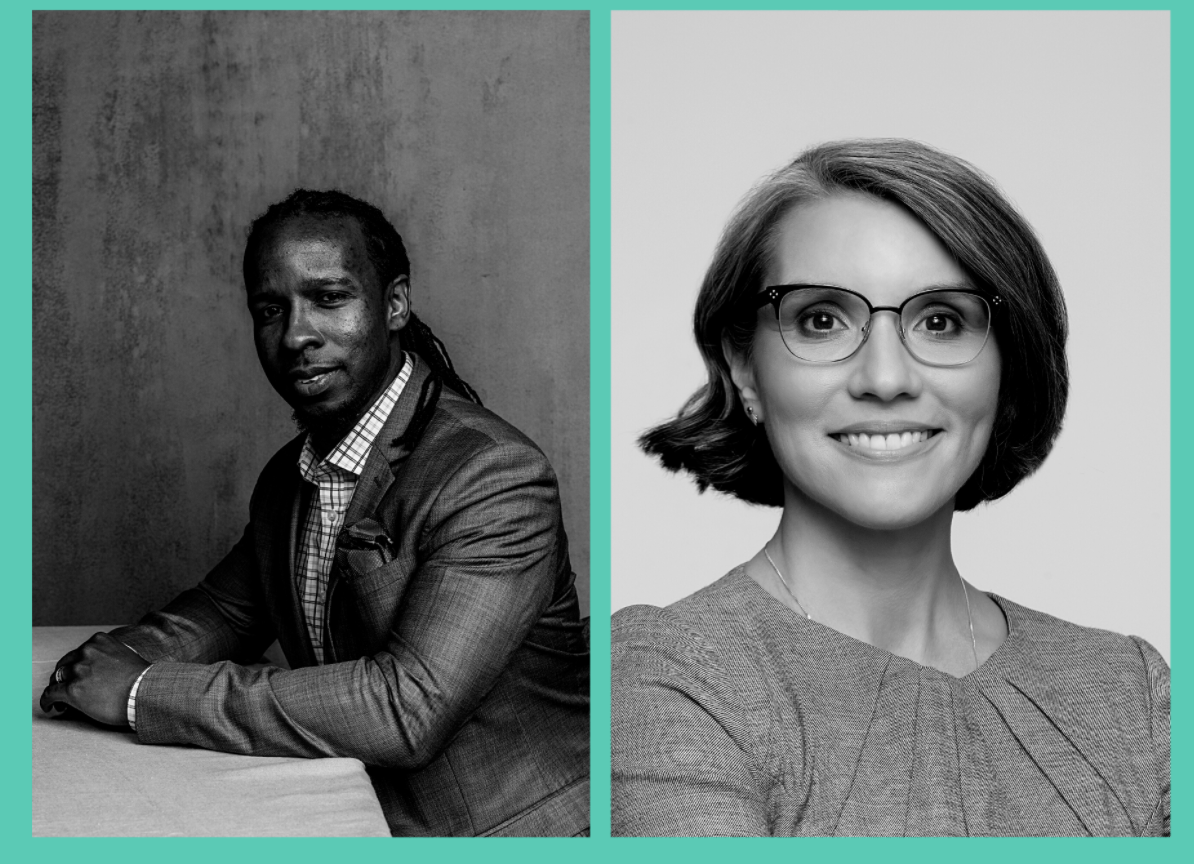On July 22, NationSwell held a virtual conversation on antiracism with two leaders guiding our country towards a more just future — Dr. Ibram X. Kendi, Founding Director of Boston University’s Center for Antiracist Research, and Carmen Rojas, PhD, President and CEO of the Marguerite Casey Foundation. Megan Ming Francis, Associate Professor of Political Science at the University of Washington, moderated the discussion. In this conversation, our expert speakers discussed this critical inflection point in American society through the lenses of the individual and institutional change needed to build resilient, anti-racist systems in a post-COVID-19 world.
Here are some insights, practices and resources from their conversation.
Insights:
- Antiracist work is an enduring project. We need to look at antiracist work as the continual work of individuals and institutions, and we need to look at the way these institutions have been able to normalize violence against BIPOC.
- Antiracism means we are eliminating “not racist” from the American vocabulary — instead, institutions and people are either racist or anti-racist.
- There needs to be less of a focus on how organizations are self-declaring that they are “antiracist” and instead focus on how you are embodying anti-racist practices, policies, behaviors and ideas.
- Racist research asks, “what is wrong with people?” when instead we should look at everything that is wrong with the policies and power that is in place.
- Philanthropy is intended to be audacious and help society re-envision a new way of operating, not be pragmatic. However, philanthropy has lacked courage and focused on incremental reform. Abolition is an innovation from the ground, but it’s not being funded despite the number of funders supporting criminal justice reform.
Practices:
- There are policies already on the table that can eliminate police violence, change the racial wealth gap and eliminate poverty. The way we do this is through supporting initiatives to eliminate and defund the police, endorse reparations, and provide basic income to those experiencing poverty.
- As an individual, don’t just read and have conversations, there are many active steps you can begin to take: Look at what organizations you can support or join. Vote. Organize in your community. Run for office.
- As leaders, we need to ask ourselves, “who suffers by our slowness?” Who doesn’t get to live one day free because of our slowness? Reflect on these questions and then take action within your organization. Support policies that are equitable, that recognize people as individuals.
- Wherever you can, make room for Black and BIPOC leaders to be resourced enough to make change possible. Acknowledge that your power as a leader may look like redistributing power and resources.
- Ask yourself in two weeks from now: what have I done to shift power?
Resources:
- Megan Ming Francis’s class at Harvard Kennedy School on Philanthropy and Social Movements
- Dr. Ibram X Kendi’s Antiracist Research Institute at Boston University
- Movement Capture And The Long Arc Of The Black Freedom Struggle
- Dr. Carmen Rojas on The Problems With Philanthropy and What We Can Do To Fix It
- The Case for Reparations
- The Centuries Long Fight for Reparations
To watch the digital conversation in its entirety, visit our Facebook page.
***
#BuilditBackBetter is an ongoing initiative that will invite the NationSwell community to come together to surface the solutions and ideas that can help us to emerge from this period of crisis with a more equitable, inclusive, resilient society and planet. Learn more about it here.

 "
"